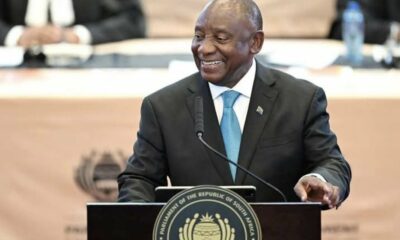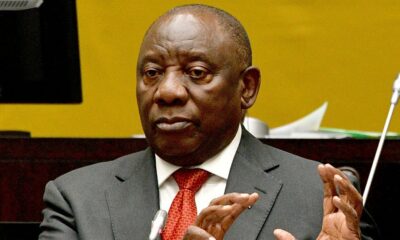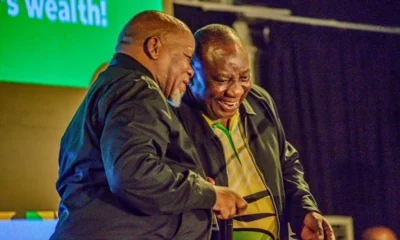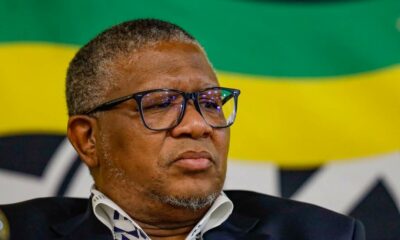Business
From Negotiator to Tycoon: How Ramaphosa’s Business Web Forged His Billion-Rand Legacy
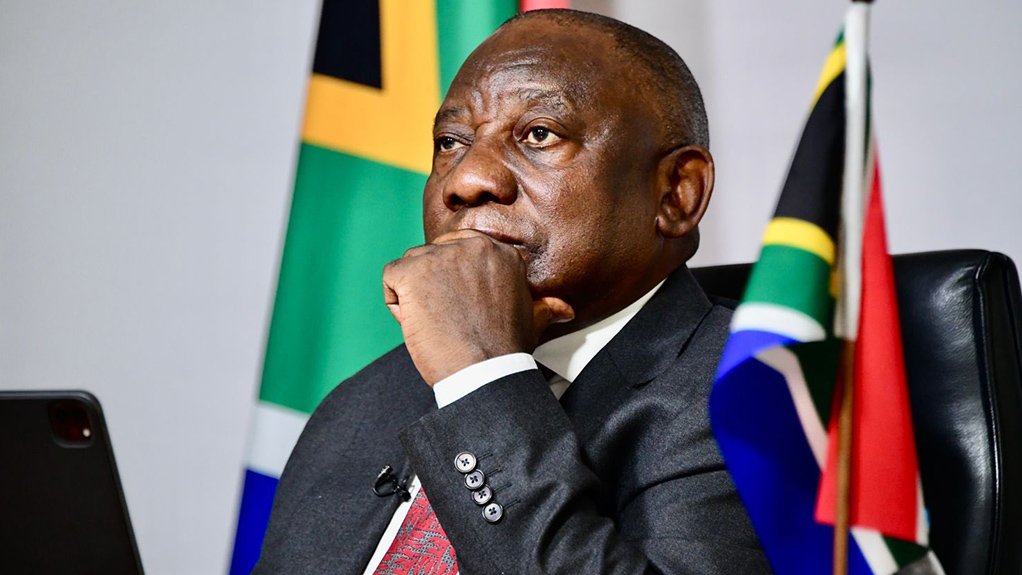
When the ANC’s negotiator became the boardroom power broker in SA
In the heady days of the early 1990s, Cyril Ramaphosa’s name was synonymous with negotiation and nation-building. He was chair of the Constitutional Assembly, a beacon of the new South Africa. After being passed over for the presidency in favour of Thabo Mbeki, Ramaphosa quietly pivoted to the business sphere, a move that would redefine his legacy.
From Union Halls to Boardrooms
Ramaphosa’s roots in the union movement, particularly as founder of the National Union of Mineworkers, sharpened his negotiation prowess. He knew how to talk, how to broker, and how to build coalitions. It was this knack that would serve him well when, in 2001, he established the Shanduka Group, a Black-owned investment powerhouse.
Shanduka: The Engine of a Billion-Rand Fortune
Shanduka quickly became legendary in elite and township circles alike. It wasn’t just an investment firm; it stood at the crossroads of energy, mining, real estate, banking, insurance, telecommunications, and more. The Ramaphosa-owned Tshivhase Trust became the majority shareholder, and by 2014, Shanduka’s worth had soared to well over R20 billion.
Among the jewels in Shanduka’s crown was a 20-year licence to operate McDonald’s in South Africa from 2011, as well as stakes in MTN, Standard Bank, Coca-Cola bottling, Seacom, Liberty Insurance, Helios Towers, and real estate giants. It was a portfolio that was as diversified as it was high-profile.
Stepping Back for the Public Good
When Ramaphosa returned to the political limelight as deputy president in 2014, he moved swiftly. He offloaded his Shanduka stakes, selling to Phembani Group in a merger that formed a new industrial powerhouse worth more than R9 billion, and pulled out of board positions at companies like Lonmin and Mondi to avoid any hint of conflict of interest.
At that point, Forbes estimated his personal net worth at around R6.4 billion in 2018.
What Locals and Social Media Had to Say
In townships and suburban lounges alike, the chatter ranged from admiration to critique. Some celebrated how Ramaphosa capitalised on BEE frameworks to rise, a symbol of possibility. Others wondered if BEE had become an exclusive backdoor for insiders. Social media buzzed with posts that followed:
“He played the post-apartheid rules flawlessly, Shanduka was his chessboard.”
“Seen both ways, he built wealth through empowerment, but did empowerment help the ordinary?”
These reflections capture the complexity: an individual riding transformation but raising questions about equity along the way.
A Fresh Lens: Lessons from Ramaphosa’s Arc
This isn’t just the story of one man’s wealth. It’s about the early 2000s South African business landscape, where politically savvy leaders navigated new policies to build conglomerates. It’s about the tricky dance between public service and private gain and how South Africa’s biggest unionist became a kingpin of commerce.
Ramaphosa’s journey offers a lens on the interplay of power, influence, and enterprise. It reminds us that nation-building wasn’t just in the halls of Parliament; it had an echo in the boardroom too.
Also read: IRR Calls for Bold Reforms: Scrap B-BBEE and Labour Laws to Fix South Africa’s Jobs Crisis
Follow Joburg ETC on Facebook, Twitter, TikT
For more News in Johannesburg, visit joburgetc.com
Source: MyBroadband
Featured Image: newsnote

